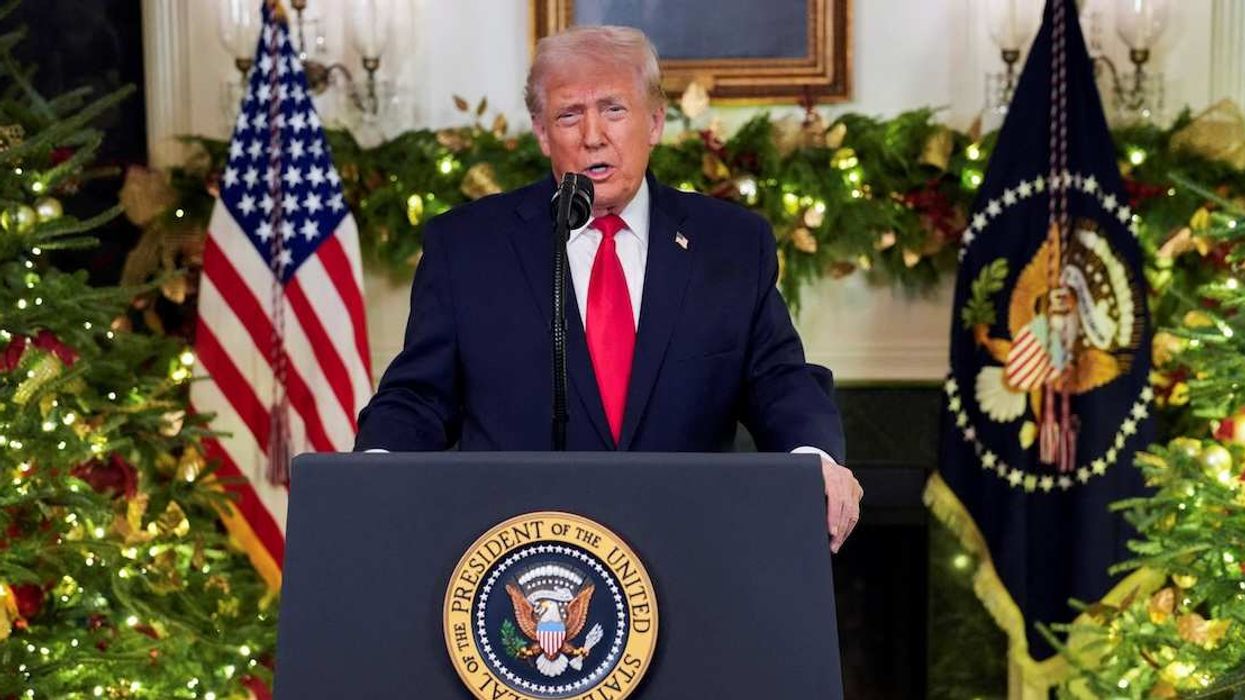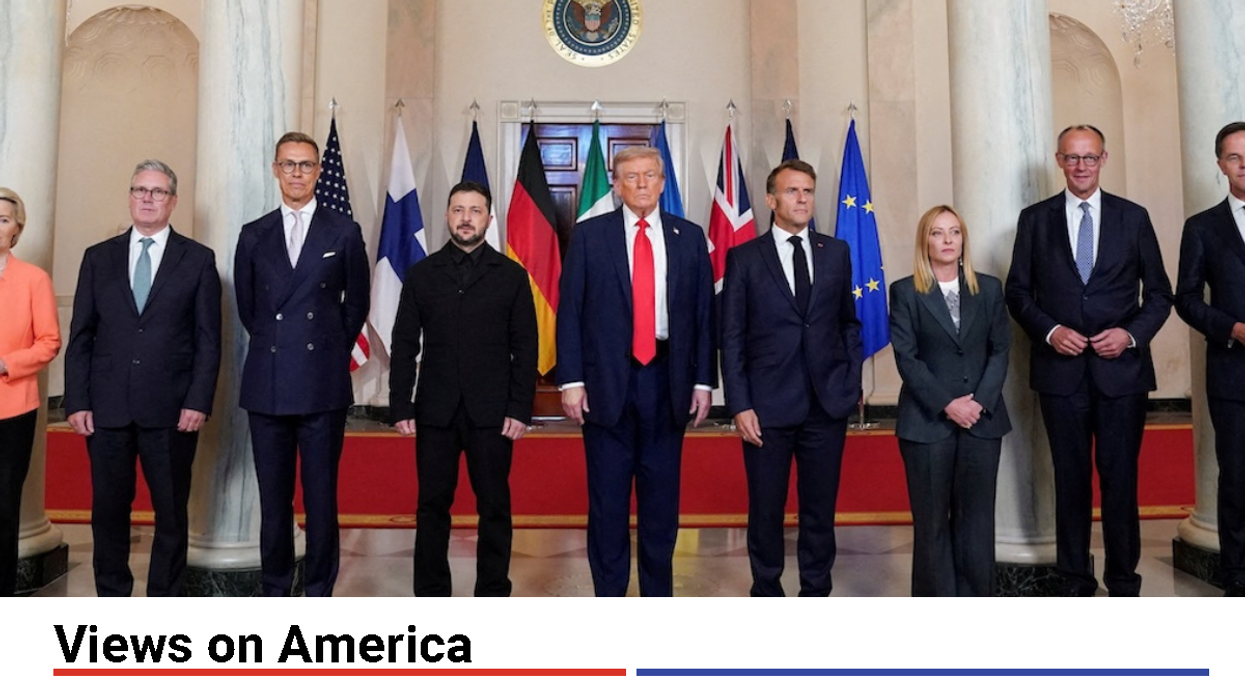Joe Biden had a rough time in Thursday’s presidential debate, leaving many wondering whether Democrats can replace the 81-year-old incumbent with another candidate to fight Donald Trump. While purely theoretical – party insiders are rallying behind Biden, at least in public, and the president says he intends to fight on – let's look at how it could happen, and who might take Biden’s place.
First, Biden would need to decide to withdraw himself. Right now, the people with enough influence to convince him to do that appear to be either his wife, his sister, or potentially former President Barack Obama.
If Biden stands down, the Democrats would be cast into a brokered convention, or a free-for-all scenario at the Aug. 19 convention in Chicago, where individual candidates who throw their hat in the ring would have to campaign to try to win a majority of the 3,900 delegates Biden won during the convention. There are also 700 superdelegates, or party insiders, who can vote for whoever they’d like, and they would likely play an outsized role in picking the next candidate. The party would then have only three months to unite behind and campaign for the new candidate before the November election.
If Biden were to step aside, he may name a potential successor, which raises the question: Who could take Biden’s place?
Vice President Kamala Harris is the most likely choice, given that Biden began his first term hinting he could be a one-term president who would usher the first Black female president into office after him. But Harris has been widely criticized for not carving out a strong enough role in the Biden administration, and she has poor approval ratings, suggesting she would be unlikely to improve the party’s chances of beating Trump.
If Biden chooses to throw the baby out with the bathwater and name an entirely new successor, California Gov. Gavin Newsom could be a contender. During Trump’s presidency, Newsom declared California the leader of the “resistance” to his administration, and his liberal views on gun control, LGBT+ issues, and abortion rights could win over the party’s progressive flank. But, for now, Newsom appears to be building his profile for a 2028 run.
Michigan Gov. Gretchen Whitmer, meanwhile, was on the shortlist for Biden’s VP pick in 2020, and was recently profiled in the New York Times saying that the US needs a Gen X president – but in 2028. The strong showing in the midterms for the Democratic party was in part attributed to her governorship, and she has been a vocal proponent of repealing abortion bans, backing universal preschool, and strengthening gun laws.
Illinois Gov. J.B. Pritzker, a billionaire son of the Pritzker family, owners of the Hyatt Hotel Corporation, would be one of the wealthiest of the possible picks, giving him the needed fundraising edge to conduct an aggressive three-month-long campaign. He can also flourish his credentials of having codified the right to abortion in Illinois, declaring it a “sanctuary state” for women seeking treatment.
Notably, all of Biden’s most likely replacements are under age 60.
Democratic governors from traditionally Republican states, such as Andy Beshear of Kentucky and Roy Cooper of North Carolina, are longer shots. As are Transportation Sec. Pete Buttigieg, Commerce Sec. Gina Raimondo, and Ohio Sen. Sherrod Brown – because, unlike Pritzker, Whitmer, and Newsom, they have not been able to cultivate a national presence in recent months while continuing to support Biden.
Fear of losing a potential endorsement from Biden later means none of these candidates is likely to throw their hat in the ring unless the president decides to step down, a decision that is likely to be made behind tightly closed doors.
“No one who wants Biden's endorsement is going to undermine him publicly, says Eurasia Group’s US director Jon Lieber.


















